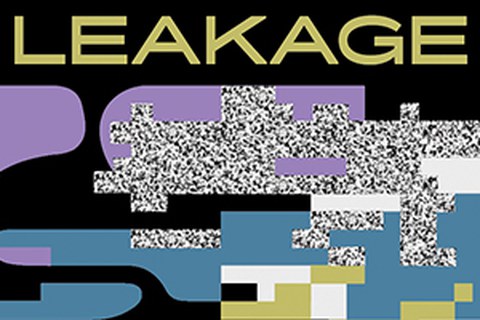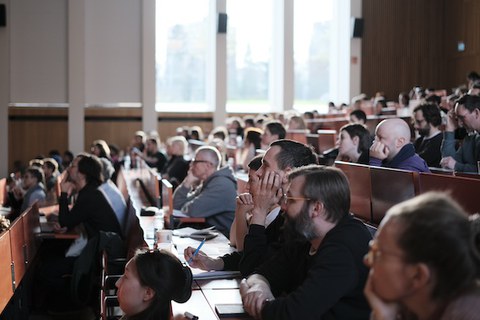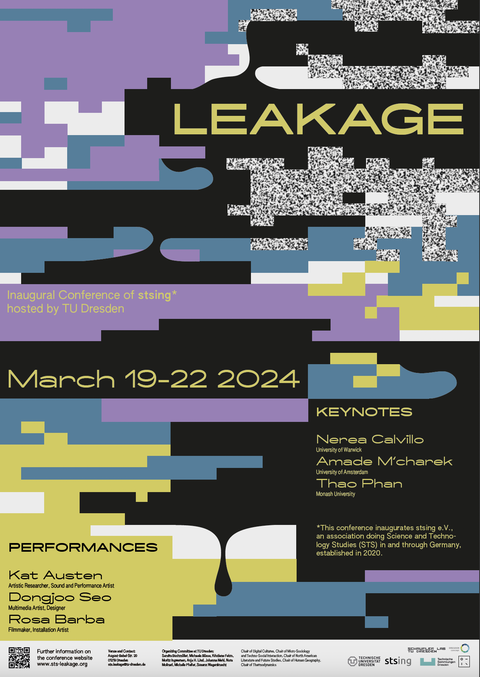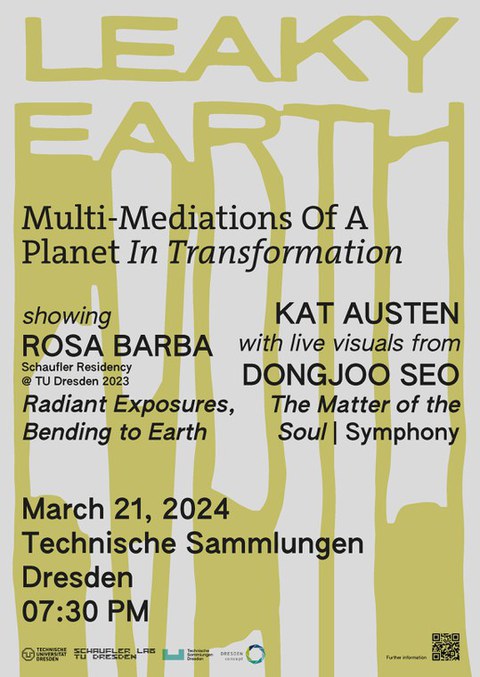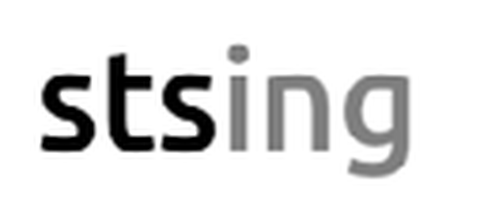Leakage
Energy transition, digitalization, genetic scissors and climate justice - current challenges in technology, medicine and the natural sciences are embedded in society and raise questions that are also central to the humanities and social sciences. Investigating the interactions between technology, science and society is the focus of Science & Technology Studies (STS), a growing international and interdisciplinary field of research that also includes many scientists in Germany. TU Dresden is therefore very pleased to be hosting the founding conference of stsing e.V. from March 19-22, an association that has been in existence since 2020 and is dedicated to scientific and transdisciplinary exchange and international networking within Science & Technology Studies in Germany with links to numerous universities and research institutions.
This conference marks the foundation of stsing e.V., an association that conducts Science and Technology Studies (STS) in and through Germany and was founded in 2020. STS is an interdisciplinary field of research and activity interested in how science and technology are practiced and embedded in society. The association is characterized by international discussions and brings together networks of established and early-career researchers. stsing e.V. currently has over 100 members from a wide range of disciplines at universities and research institutions in German-speaking countries. The association's working groups are engaged in inter- and transdisciplinary collaboration. Further information can be found on the website of stsing e.V.: stsing
Link to the website : https://stsing.org/
The conference is organized by an interdisciplinary team of professors and early-career researchers from the departments of Sociology of Technology, Literature/Future Studies, Human Geography, Digital Cultures, and Thermodynamics. Over the course of 4 days, more than 250 scientists from 21 countries will come together at TU Dresden to present current research topics in the social sciences and humanities dealing with technology and the natural sciences under the overall theme of "Leakage".
Under the heading "Leakage", phenomena and questions that can be explored through motifs of permeability, escape, loss and leakage are particularly relevant. On the one hand, the aim is to address phenomena such as data leaks or leaking gas pipelines in order to understand the incompleteness of socio-technical systems. On the other hand, the aim of "Leakage" is to stimulate contributions to theory development and methodological research in STS. The event will be held at TU Dresden and the Technische Sammlungen Dresden.
Under the heading "Leakage", phenomena and questions that can be explored through motifs of permeability, escape, loss and leakage are particularly relevant. On the one hand, the aim is to address phenomena such as data leaks or leaking gas pipelines in order to understand the incompleteness of socio-technical systems. On the other hand, the aim of "Leakage" is to stimulate contributions to theory development and methodological research in STS. The event will be held at TU Dresden and the Technische Sammlungen Dresden.
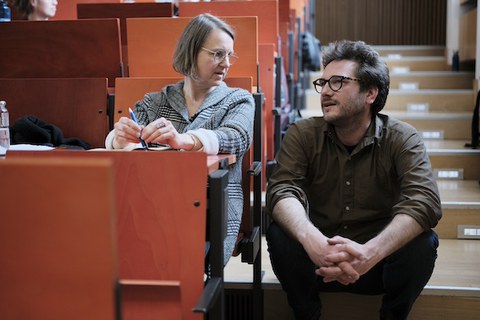
Sandra Buchmüller and Moritz Ingwersen
"The motive of leakage challenges estab-lished narratives about science and tech-nology. For example, we often think about technologies as systems or networks. In doing so, however, we lose sight of the fact that systems are never completely closed and that even extensive networks cannot capture everything. Of course, we become particularly aware of this when something goes wrong and data leaks or oil pipelines leak, for example. However, a focus on permeable boundaries and edges also allows us to shift our usual understanding of people in supposed separation from the environment or technology and to train our eyes for precisely those phenomena that remain hidden or have no place in idealized systems. Who or what is affected by the leak and which environ-ments, communities and systems are included in the conception of new technologies is not least a social question. Against this background, we would like to examine technology and science, especially in their social, psychological, societal, political and cultural dimen-sions and effects." ...say the organizers.
Concrete contexts that will be discussed at the conference range from data management in the healthcare sector and the raw material balance of renewable energy sources, to the cultural reclamation of post-mining landscapes and unjust algorithms. How does the smart home subvert established boundaries of the domestic? How can data infrastructures be understood in their planetary significance? How can we examine and shape the "porous" technologized ecologies of the Anthropocene?
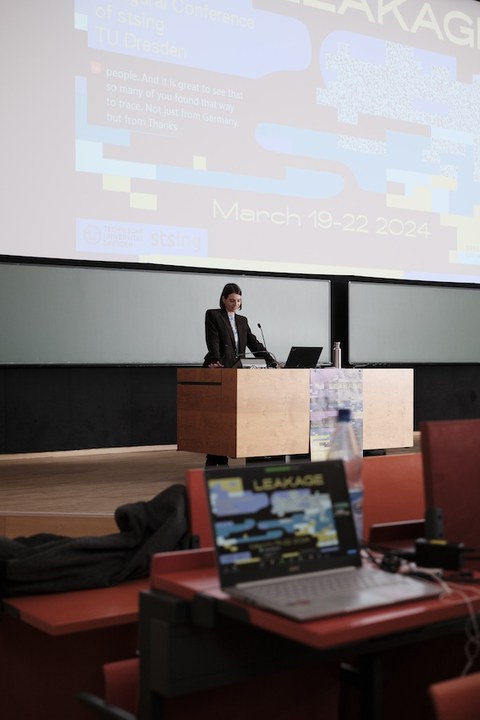
Michaela Büsse, Welcoming Address stsing e.V.
A highlight of the conference will be the keynote speeches by internationally renowned scientists Nerea Calvillo (University of Warwick), Amade M'charek (University of Amsterdam) and Thao Phan (Monash University, Melbourne). In cooperation with the Dresden Technical Collections and the Schaufler Lab@TU Dresden, a public evening event entitled "Leaky Earth" on March 21 is also dedicated to the artistic examination of science and technology and presents the film and live performance works of renowned artists Rosa Barba, Kat Austen and Dongjoo Seo.
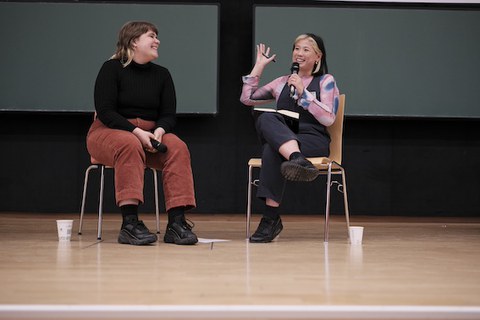
Kristiane Fehrs in Conversation with Thao Phan
Link to the Book of Abstracts:
https://datashare.tu-dresden.de/s/34ppe8J4oDz5qdX
Link to the Call for Papers:
https://datashare.tu-dresden.de/s/2onaLQRsaYE2gfn
Organizers in alphabetical order:
Sandra Buchmüller, Michaela Büsse, Kristiane Fehrs, Moritz Ingwersen, Anja H. Lind, Johanna Mehl, Judith Miggelbrink, Nora Molinari, Michelle Pfeifer, Susann Wagenknecht

